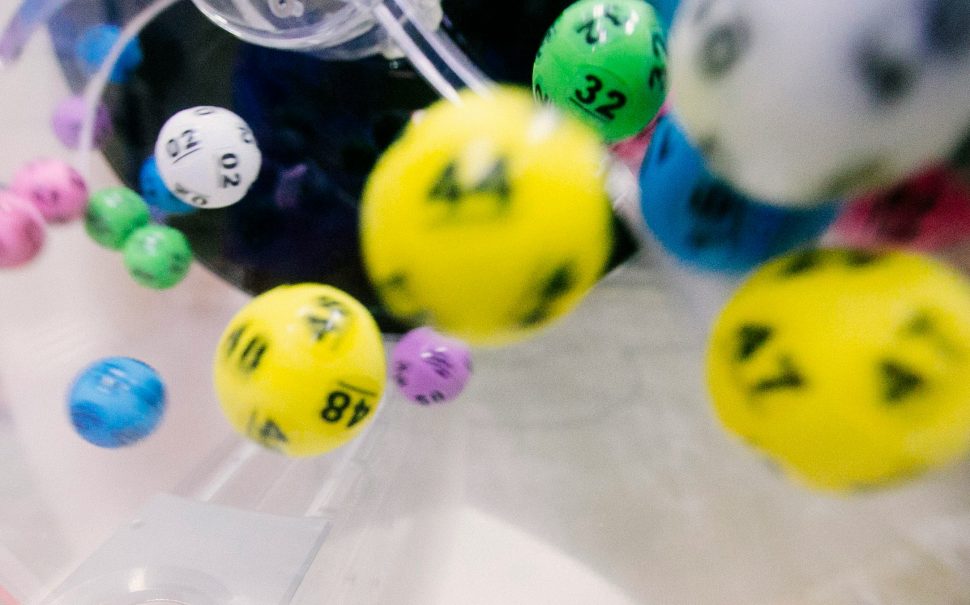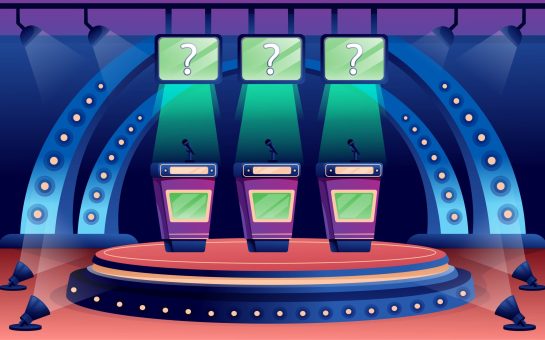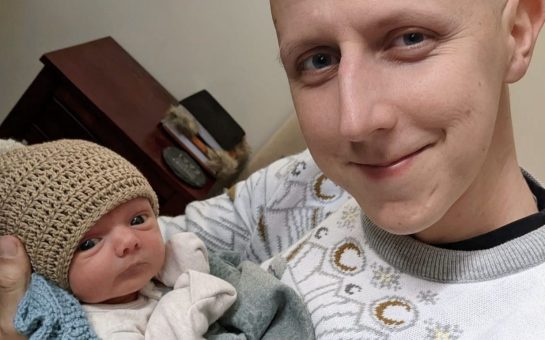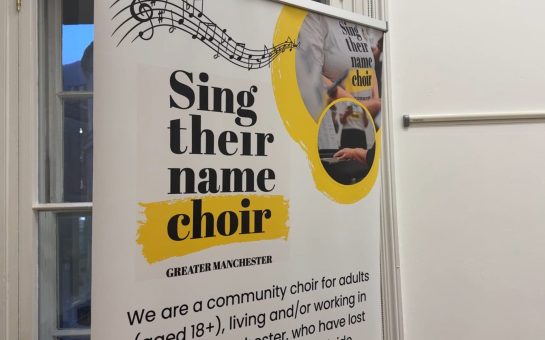Since its establishment in 1986, the Irish Lottery has grown from just a game to a cherished and important institution in modern Irish society.
The fact that it promises big payouts and many view it as a money-raising institution, the Irish lottery has managed to stay relevant.
This write-up will help you understand why the Irish Lottery is more than just a game, exploring its history, the social and economic impacts, and the biggest Irish lottery wins of all time.
History of the Irish Lottery
The Irish Government Lottery was established in 1986 as a tool to raise money for good causes.
The first scratchcards went on sale in 1987, and its first draw took place in 1988.
But before then, the Republic of Ireland introduced the Irish Hospital Sweepstakes in 1930 to fund the construction of hospitals in the country.
However, the Irish Sweepstake was abolished in 1987, after which the government established the Irish Lotto under the National Lottery Act 1986.
In the past, people could only purchase lottery tickets from authorised retailers.
However, with the advent of the internet, the Irish lotto can be found here online with the help of a smartphone/computer and an internet connection, making it accessible to almost every adult aged at least 18 years in Ireland.
Biggest Irish Lotto Wins
Since the first Irish Lotto draw was done in 1988, over 87,000 players have received prizes, with over one hundred winners pocketing millions of Euros.
Here are the biggest Irish lottery wins to date:
- €175 million: A family syndicate was lucky enough to scoop €175 million on a single ticket in February 2019. According to reports, a Superdraw had pushed the jackpot to €120 million before it was won. The winners, who chose to stay anonymous, bought the lucky ticket came from Reilly’s Daybreak in The Naul.
- €115 million: This win went to Dolores McNamara from Limerick, Ireland. After her win in 2005, the then part-time cleaner went on holiday to Spain and Turkey. The mother of six also bought houses for all of her children.
- €93 million: In June 2013, two winners, who preferred to stay anonymous, became the biggest winners in the history of the Irish lottery. A Superdraw earlier that month had pushed the EuroMillions jackpot to €187 million. The two winning tickets were from Beaumont, North Dublin, and Belgium.
- €88 million: In January 2017, a syndicate of Dublin workers managed to match all the winning numbers to scoop a whopping €88 million. The winning ticket came from the Applegreen Service Station in Lusk. Syndicate members chose to remain anonymous following the big win.
- €86 million: Another syndicate was lucky enough to win 86 million in September 2014. They had bought the winning ticket from the Centra Store in Ballybrack. While they chose to stay anonymous, the store owner noted that the winners were most likely from around since his shop didn’t have that much of a passing trade.
Social-Economic Impact of the Irish Lottery
The Irish lottery has raised billions for good causes and created numerous job opportunities since its inception.
According to a 2021 Irish National Lottery report, there were a total of 31 new Lottery Millionaires from across Ireland.
Here is how the sales from the Irish Lottery are distributed back to the community:
- 56% of the money (around €585.9 million) is used to cover prizes.
- 29% (around €305 million) is transferred to good causes across Ireland.
- 5% (more than €55.3 million) is used to pay retail network commissions.
- The last 10% goes to cover operations, profits, and administration costs.
Final Word
The Irish Lottery has grown and expanded over the years to the point of diversifying its portfolio to offer extra games, including instant win games, daily million draws, Telly Bingo, and Euromillions.
With the advent of Artificial Intelligence (AI) and 5G technology, the Irish lotto is expected to grow even further.
These technologies have the potential to enhance its operations in areas such as customer support to enhance player experience and improve security.
Besides, it could expand its wings to support other emerging good courses, including climate change and sustainability.
Photo by dylan nolte on Unsplash




